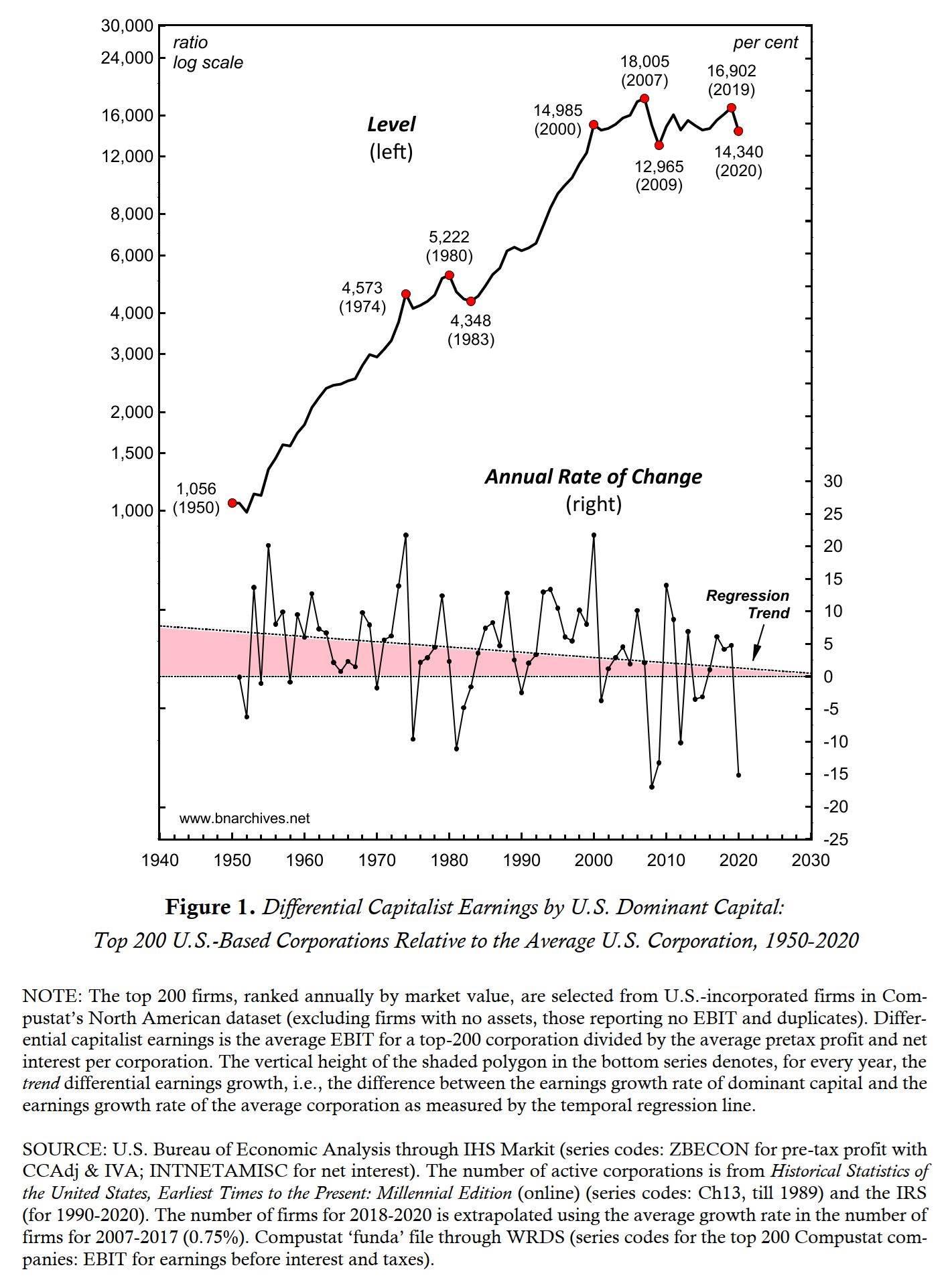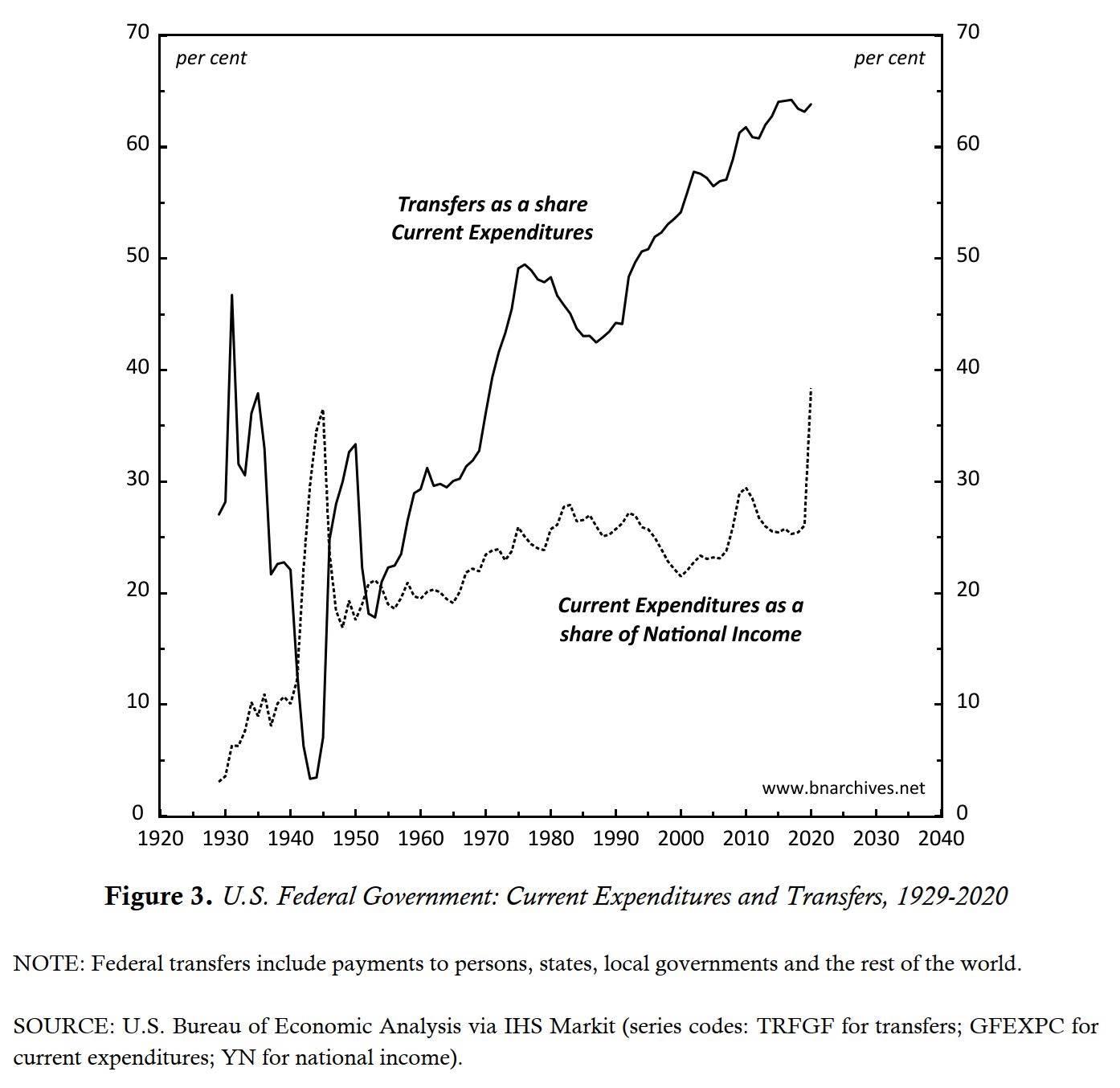- This topic has 1 reply, 2 voices, and was last updated July 14, 2023 at 5:48 am by .
-
Topic
-
Hi, this is not really an article but me merely posing a question, for I think it’s a very serious question that may determine the fate of humanity.
There’s been much discussion on the rationale (or rather the ‘intellectual history’) of ‘Bidenomics’ or what it entails (whether ‘neoliberalism is dead.’) Mostly there seems to be quite triumphant readings of it coming from the liberal commentators/pundits in the US, many of whom, just a few years ago, ironically, would vehemently deny that government could do much to shape the economy. They point to the Inflation Reduction Act and Chips and Science Act to show how it has transformed (and will transform) US economy. Some of them even argue that this new economic framework will spearhead global decarbonization.
An article in which the author provides a comprehensive review of the intellectual history of ‘Bidenomics’ just came out, and I think it’ll be useful to you too: https://brooklynrail.org/2023/07/field-notes/The-Economic-Consequences-of-Neo-Keynesianism
The article points out, contrary to the triumphant narrative stated above, the severe limitations of it: 1) at the core of it lies the ultimate aim to suppress the independent development of China – military and economic “encirclement” of it (US State Department jargon) – gearing to a new Cold War, perhaps to WW3 2) in terms of global decarbonization, with the mercantalist race-to-the-bottom that inhibits global cooperation, it’s simply incompatible with the most important task for humanity.
The article paints perhaps the most comprehensive and plausible story of ‘why’ the Biden administration is doing this: the liberal world was shook by the rise of Trumpism and they see that presumably decades of deindustralization in the US facilitated by offshoring to China (and elsewhere) caused it, so to correct the trend they need to bring the jobs back: but to do that they need to, allegedly, stop China from simply developing.
(By the way, in the middle of the article the author talks about the popular Marxist ‘tendency of the rate of profit to fall’ story and connects that concept to the tendencies mentioned above. I’m not sure whether that is really that useful or even correct. )
I believe no one really thinks at this point that US government (or any other government) should promote its domestic industry and production. Investing in domestic renewable energy and grid capacity is urgent and necessary. The problem here seems that what bills like the IRA contain go far beyond that: they contain direct anti-China provisions specifically targeting Chinese businesses. On top of this US government is increasingly sanctioning Chinese companies and personnel, prohibiting them from having an access to necessary technological transfers. On top of that US government is increasingly trying to militarily ‘encircle’ China, with alliances like QUAD and AUKUS and plans to build ‘the first island chain’ in South China Sea. (Policy Tensor wrote here why attributing Trump to China is misleading and dangerous.)
Perhaps the most interesting question is, what are capitalists in the US thinking now? Surely, China is still a big market, a big investment opportunity, so losing it is bad for their business. Risking a potential WW3 is too bad for business in general (perhaps not so for the military-industrial complex.) The standard theory of the relationship between power and foreign policy is that FP reflects the interests of dominant powers in a country, and I think it’s been quite successful at explaining postwar US actions. So what is happening here now? Is the theory not working anymore? As some say, is the government engaging in ‘long-term’ thinking whereas capitalists just seek profits?
Indeed, US capitalists are not so happy with where the administration is heading with China. Billionaires like Bill Gates and Elon Musk all went to China to recommit their intention to keep doing business there. Jamie Dimon visited Shanghai this may and called for ‘real engagement’ between those is DC and those in Beijing. There’s an article that covers this discontent among capitalists (https://unherd.com/2023/06/the-capitalists-are-revolting-over-china/), and it basically concludes that now the military-industrial complex rules DC. I’m not sure whether that’s convincing enough.
So, what would be the CasP understanding of the New Cold War?
- You must be logged in to reply to this topic.


